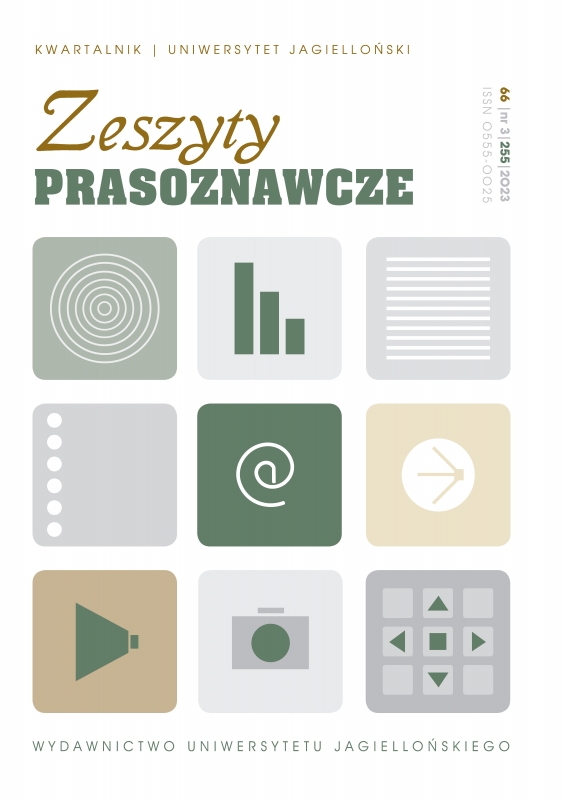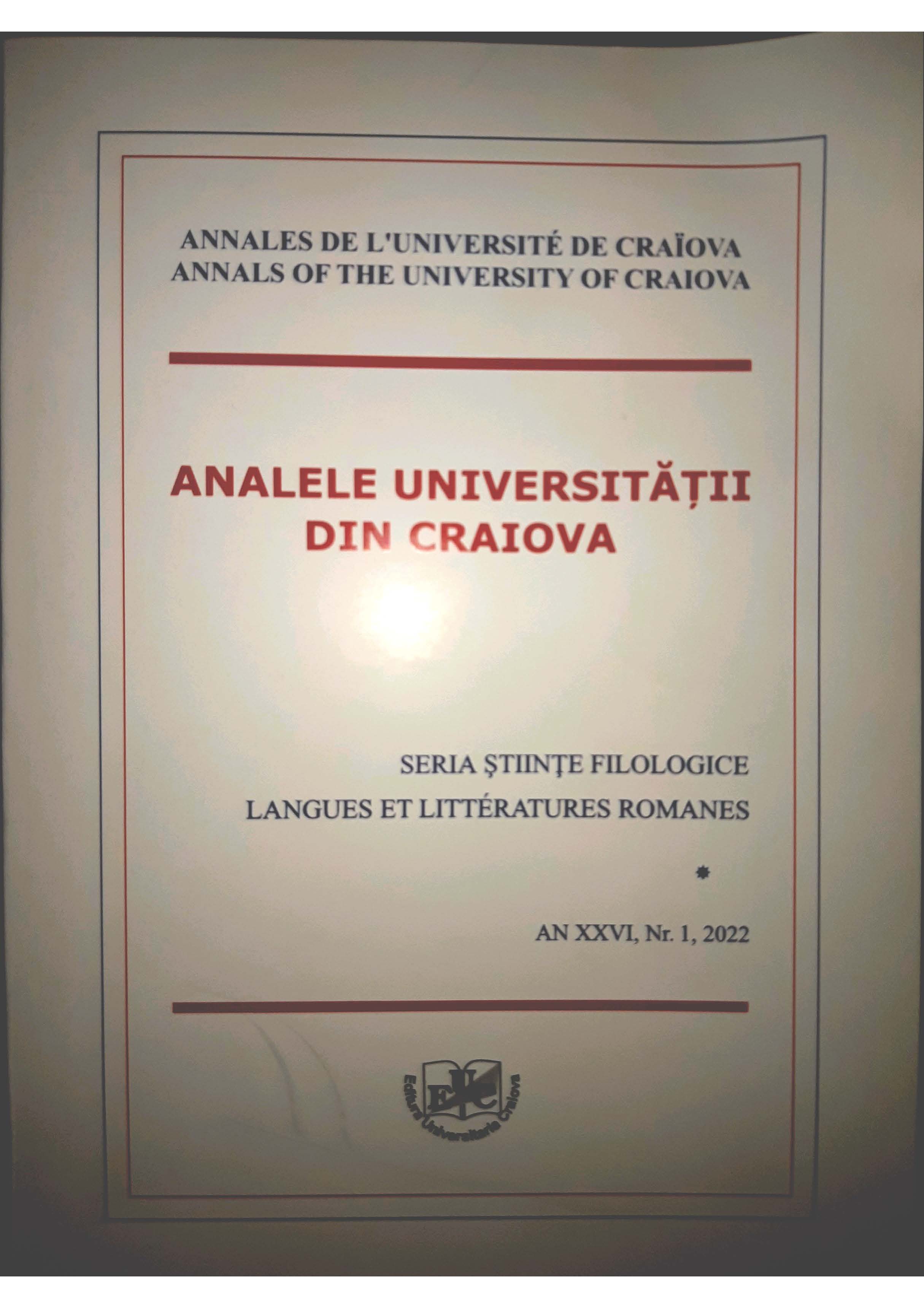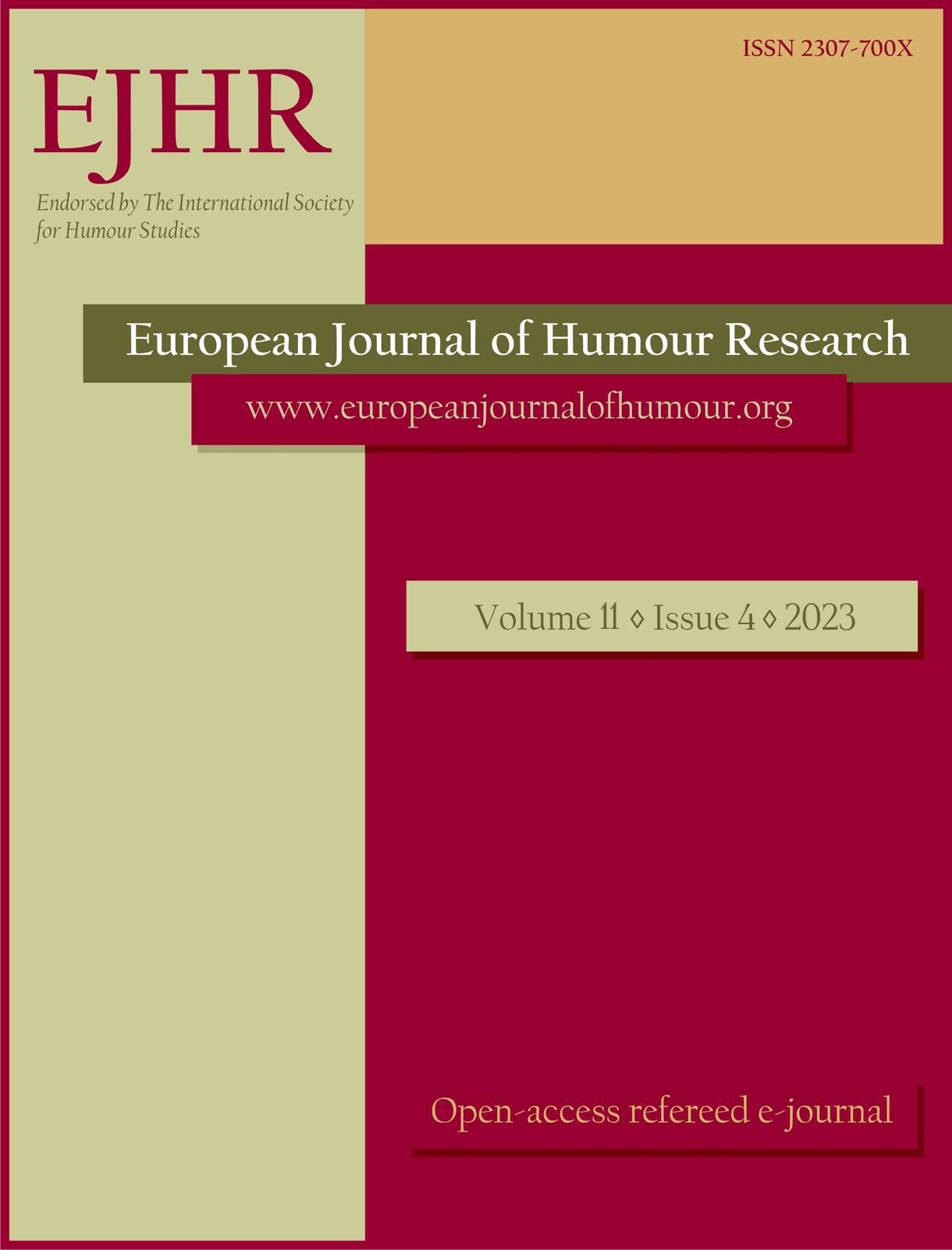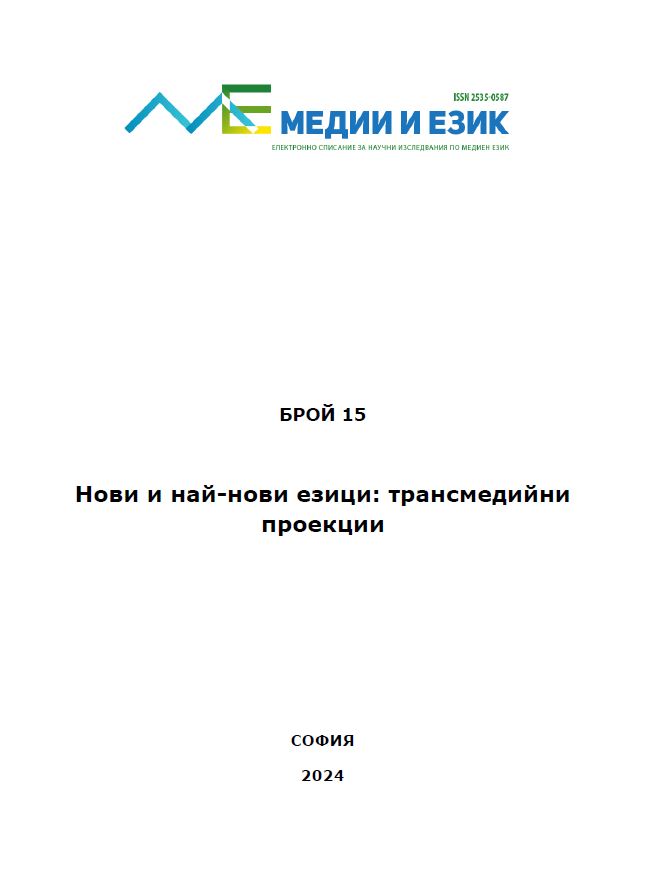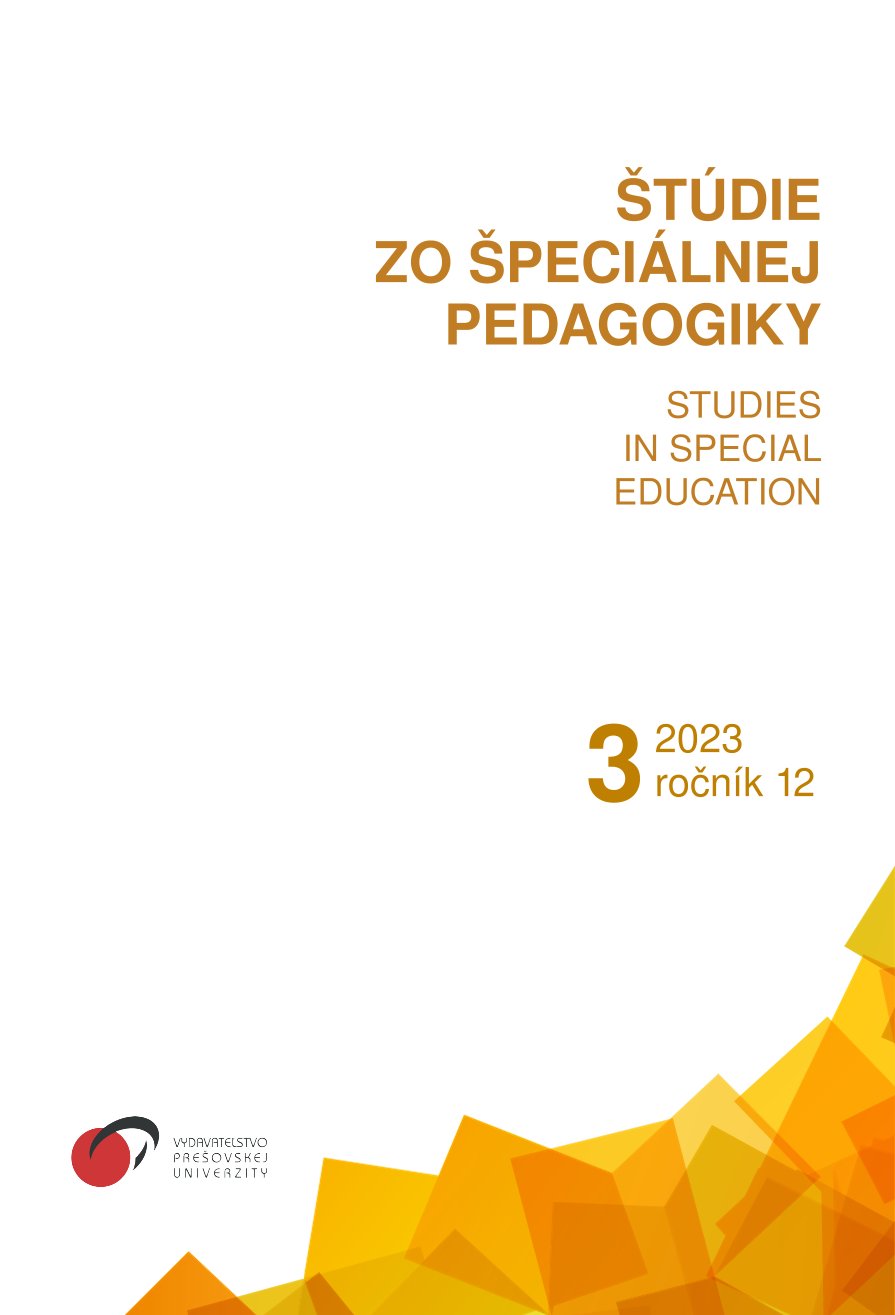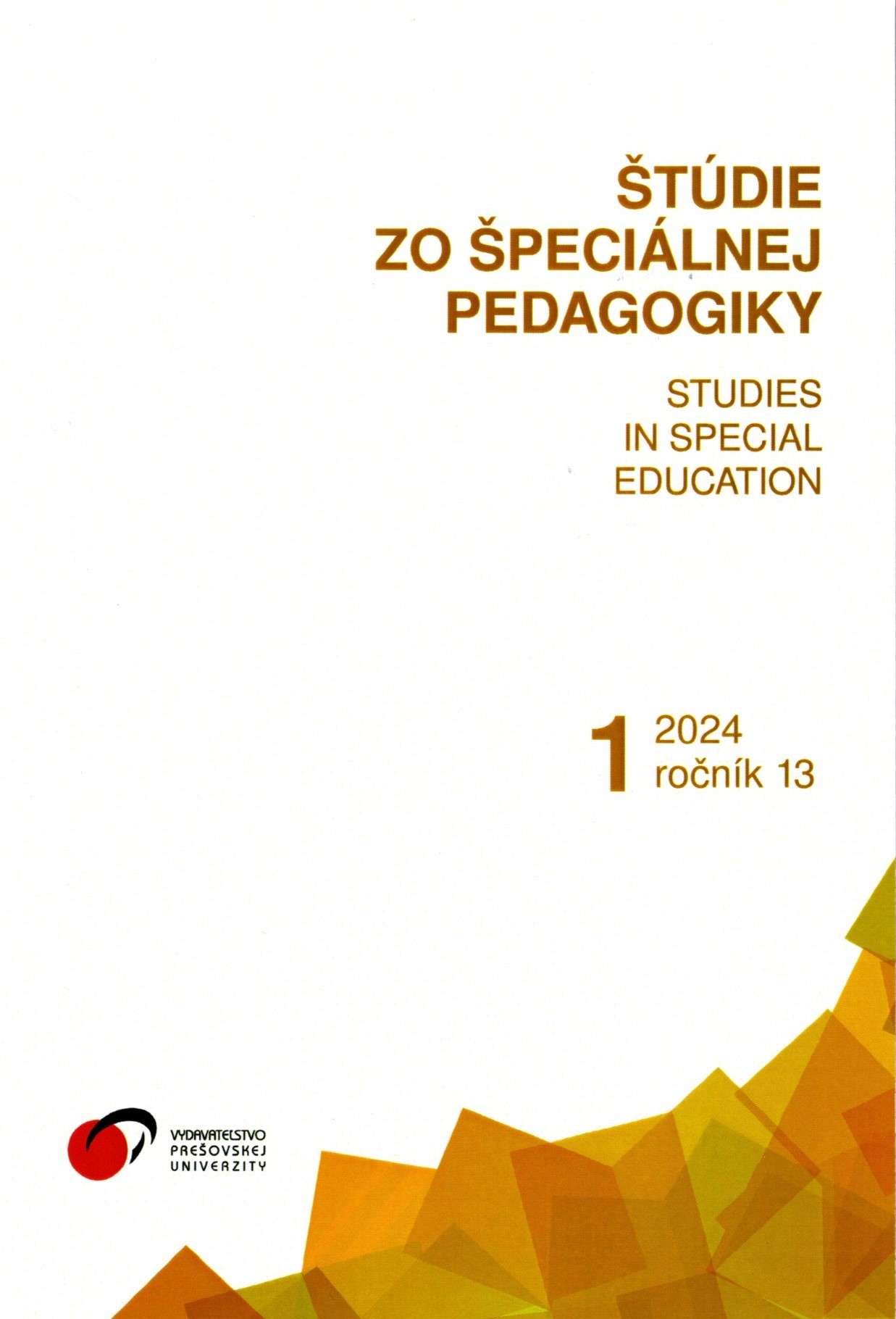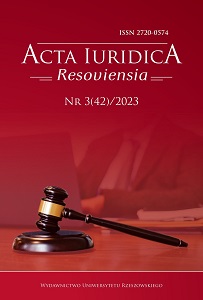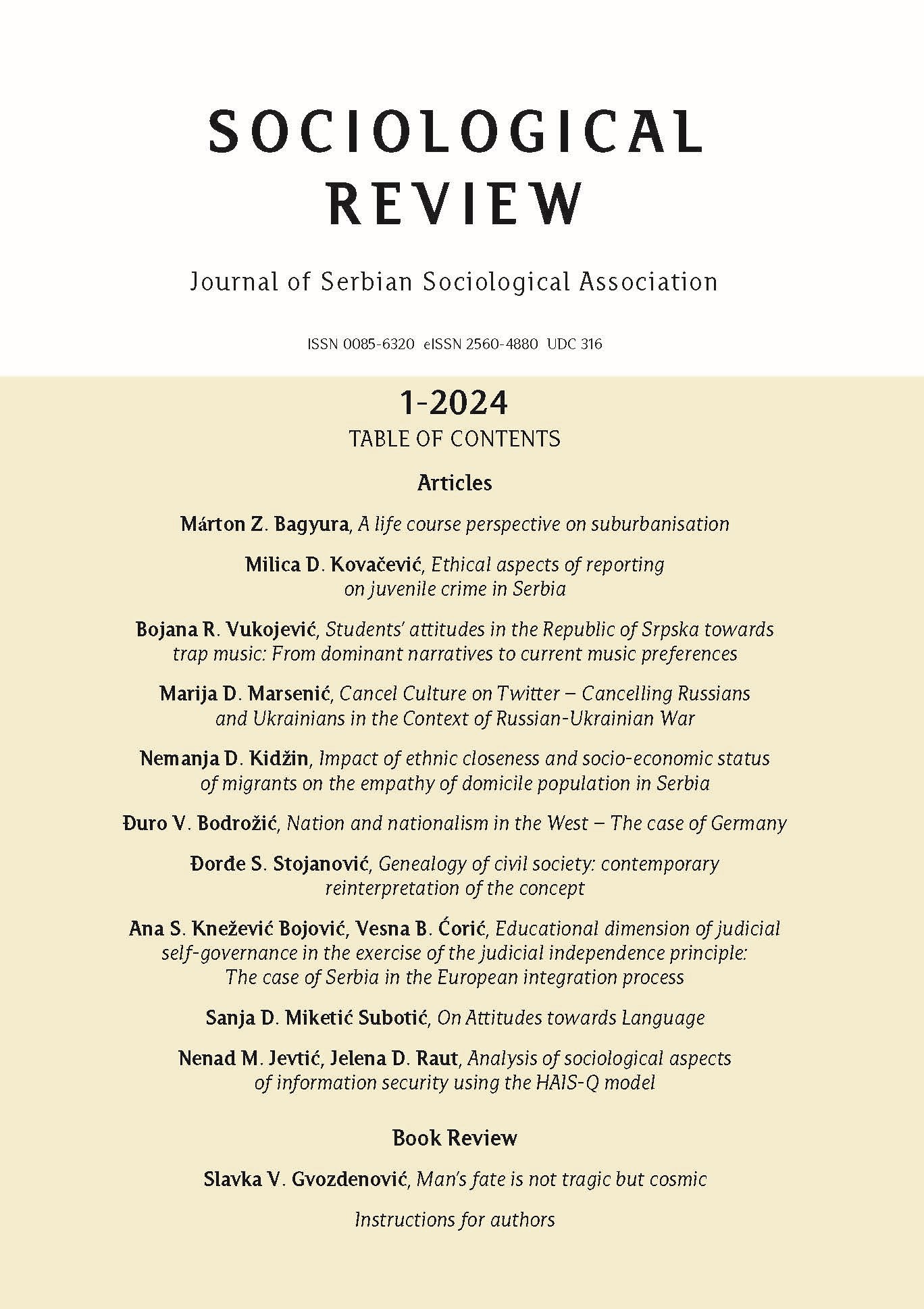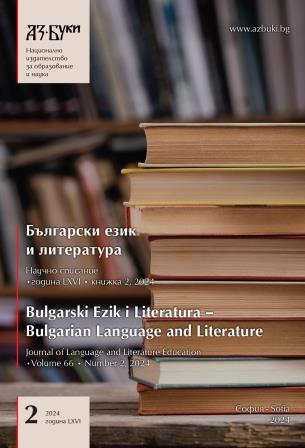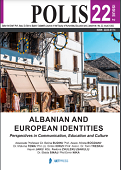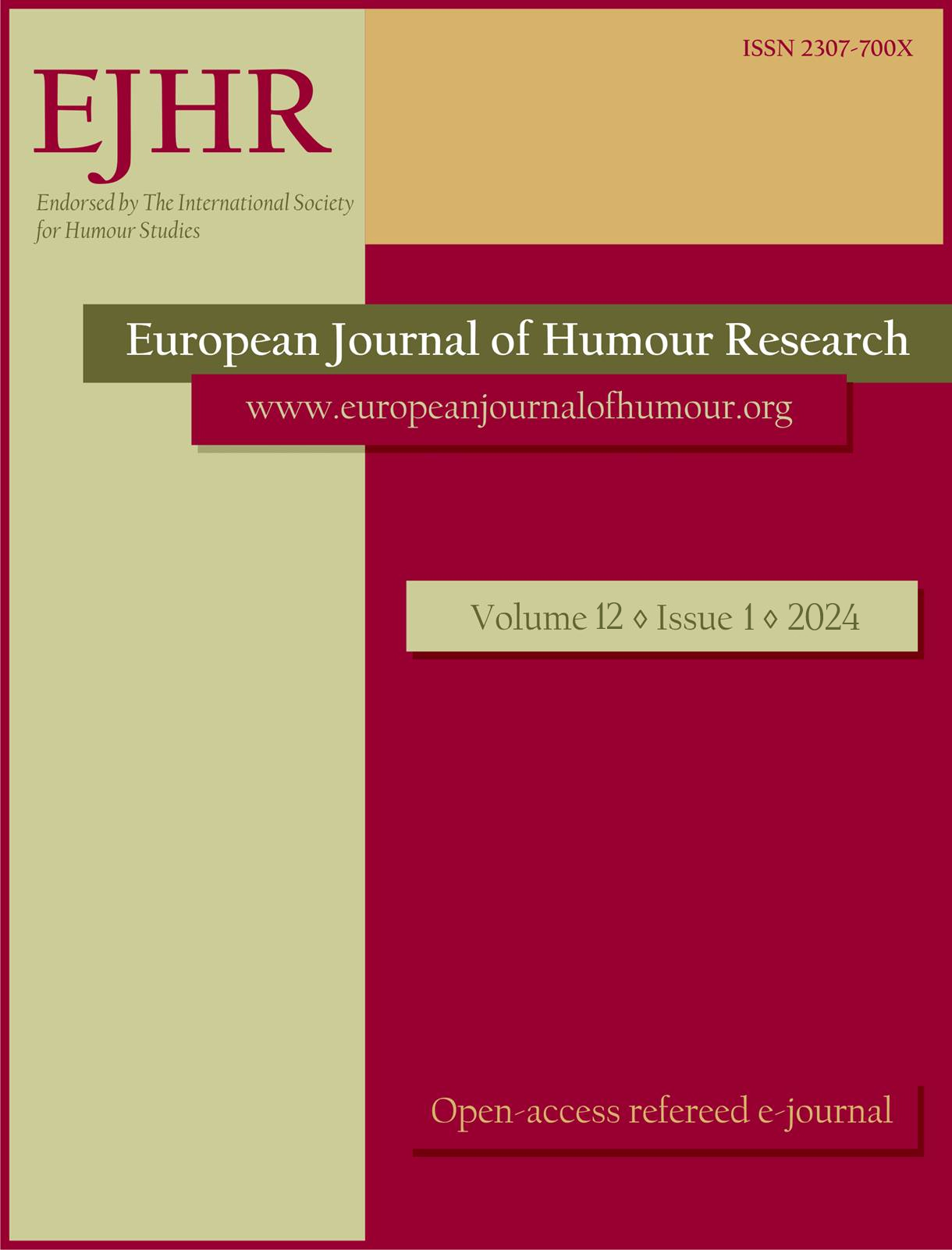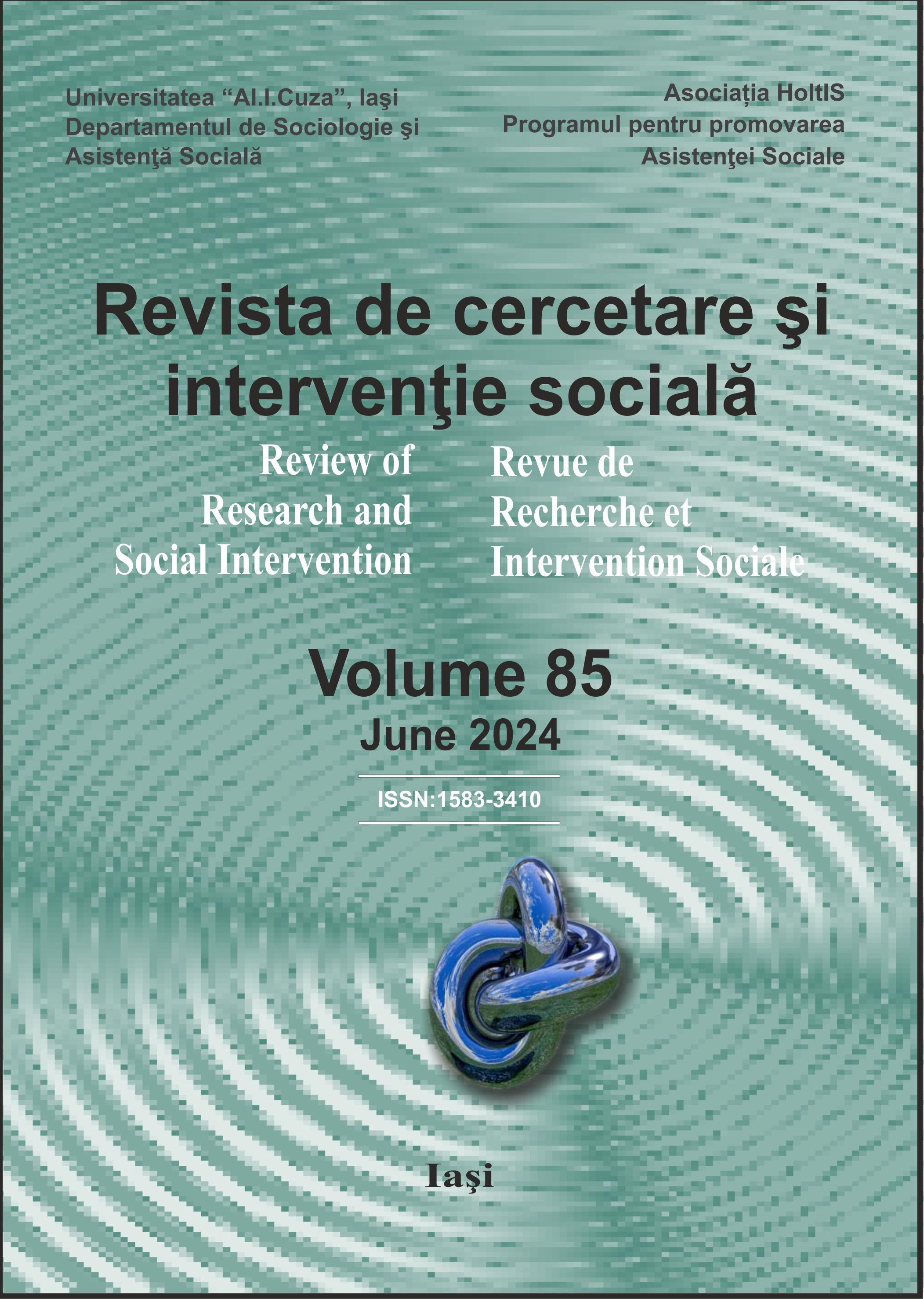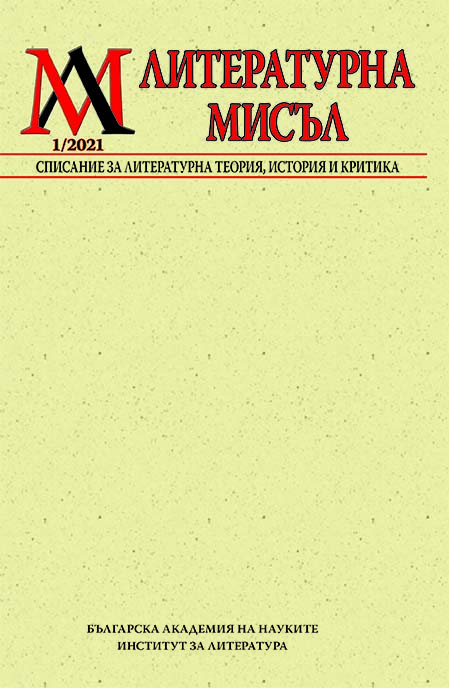
Българският женски периодичен печат от края на XIX – началото на XX век (поглед към „домакинските“ издания)
The aim of this article is to trace how popular publications aimed at female audiences, the women’s press, contributed to the emancipation and cultural modernisation of Bulgarian women from the end of nineteenth century until 1914. The subject of research is the so-called ‘household periodicals’ - the newspapers and magazines addressing women, that deliberately avoided politicisation and tried to modernise and emancipate their readers within the private space of the ‘women's world’ (understood as home and family). Incorporating relational feminist arguments in their rhetoric, such periodicals did not confine themselves to the attempt of building an exemplary reconstruction of the private sphere in the variety of the aesthetic and moral dimensions of that field. They became a key element of the country’s popular culture and had a longlasting political and social effect. An example of the household periodicals’ modernising efforts and sensitivity to modern emancipatory ideas was one of the pioneering women’s projects in this category, the magazine Moda i domakinstvo (‘Fashion and Household’), 1897-1906, edited and published by Elena Usheva.
More...
